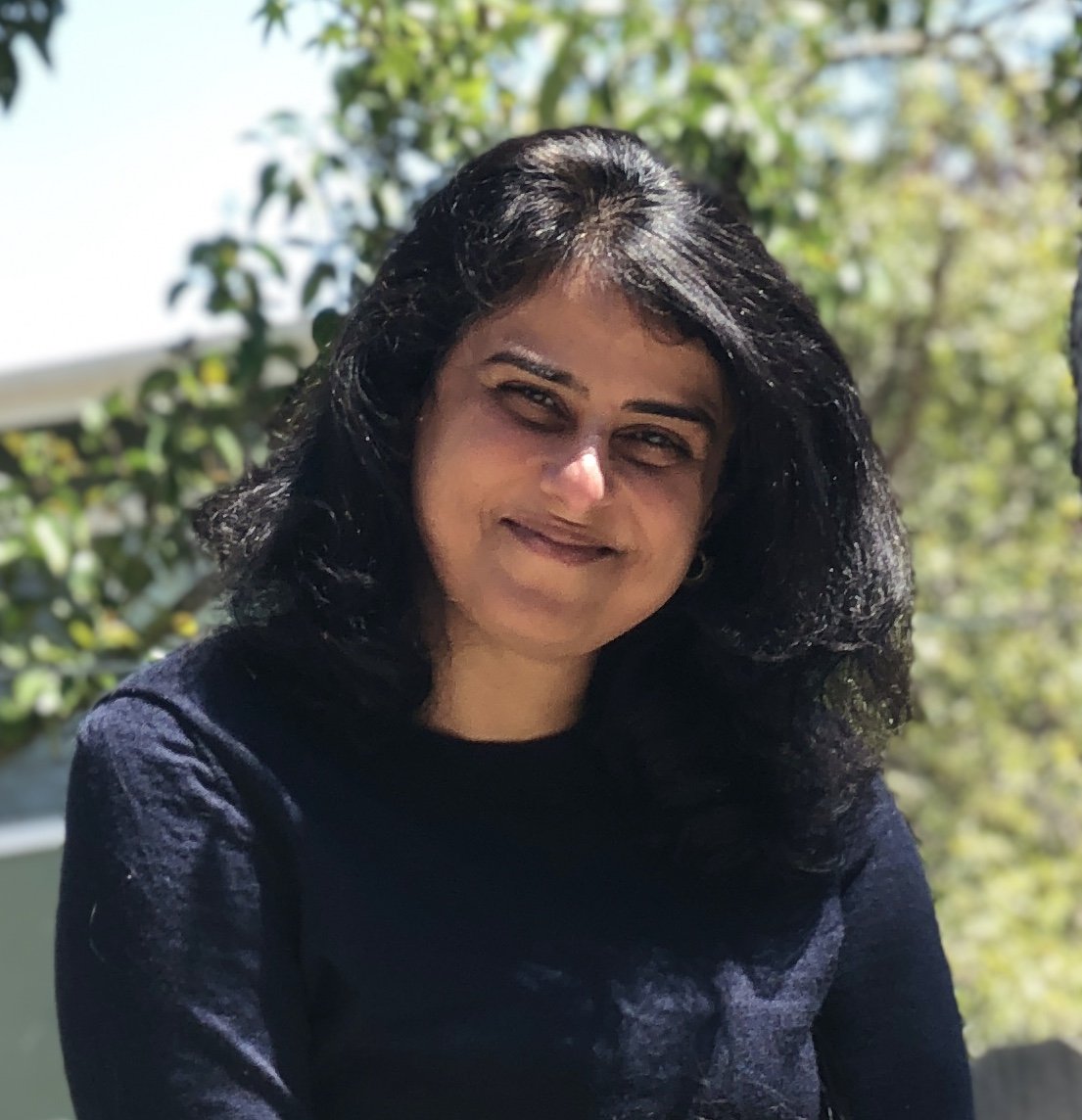board of Trustees
-
Managing Trustee and co-founder
Dr. Anjali Arun, a hospital and research laboratory director with a pathology degree and extensive laboratory administration experience. She is working as a Superintendent at Apollo Hospital. With 17 years at PHRII, she focuses on ethical research, novel diagnostics, women’s health, mentorship of graduate students, and community-based diagnostics. Her work spans HPV, HSV, bacterial vaginosis, and rural healthcare access intervention especially for maternal child health.
-
Financial Trustee and co-founder
Dr. Selvam, Founder and Executive Director of READ (Rural Education and Action Development), has 30+ years of community development experience. With a Ph.D. in Population Studies and expertise in Anthropology, Psychology, and Social Work, he has published extensively on reproductive health, HIV/AIDS, child sex ratio, and environmental education.
-
Trustee
Prof. Dr. R. Indira, a distinguished sociologist with 42 years of academic experience, is known for her research on women's empowerment in Karnataka’s forest-dependent communities. A two-time Fulbright Scholar and recipient of the Indian Sociological Society's Lifetime Achievement Award, she has authored numerous influential works and lectured widely on sociological issues globally.
-
Trustee
Dr. Mahesh P.A., Professor of Pulmonary Medicine at JSS Medical College, Mysore, is a globally renowned researcher in asthma, COPD, air pollution, and allergies. Ranked first in the AD Scientific Index (2023) for Medical Sciences, he has over 300 publications. As Vice President of the Indian College of Allergy and Immunology and Chairman of the Indian Chest Society (Karnataka), he contributes to global health initiatives, asthma guidelines, and international studies like Europrevall and BOLD.
-
Trustee
Dr. Devanshi Somaiya, a U.S.-trained Obstetrician-Gynecologist with a Master's in Public Health from Johns Hopkins University, is an expert in cervical cancer prevention. She serves as the Clinical Director for the Cervical Cancer Specialty Center, and leads the Mysore Consortium Against Cervical Cancer.
technical advisory board
-
Dr. Shobha S. Krishnan, founder of GIAHC, is a board-certified family physician and gynecologist with over 30 years of experience in HPV-related diseases. An author of the award-winning The HPV Vaccine Controversy, she has held key roles in global advocacy groups like IPVS and UICC and contributed to efforts in cervical cancer screening in rural India.
-
Dr. Latha Balasubramani, a gynecologic oncologist at G. Kuppuswamy Naidu Memorial Hospital, Coimbatore, specializes in HPV-related diseases and community oncology. As AOGIN-India's secretary, she focuses on HPV self-sampling and improving community access to cervical cancer screening.
-
Dr. Priya Abraham, Director of the National Institute of Virology (NIV) in Pune, leads India's SARS-CoV-2 diagnostic and vaccine efforts. A CMC Vellore alumna with an MD and PhD, she has a distinguished career in viral infections like hepatitis and HPV, serving as a WHO consultant and ICMR advisor.
-
Dr. Prajakta Adsul, Assistant Professor of Internal Medicine and Member of the University of New Mexico Comprehensive Cancer Center, leads as the Inaugural Director of UNM's Center for Advancing Dissemination and Implementation Science. A primary care physician by training and former NCI Cancer Prevention Fellow, she focuses on health equity and employs community-based, participatory methods to design and implement pragmatic interventions that address cancer prevention and control challenges in underserved populations both locally and globally.
Institutional Ethics Committee
( IEC)
The PHRII IEC is an independent, multidisciplinary, and multi-sectoral committee to make certain that all proposed research projects adhere to national and international ethical standards while safeguarding participants' dignity, rights, and well-being. All members, except the Member Secretary, are external and non-affiliated with the institution. The committee maintains a balanced representation of medical and non-medical, technical and non-technical members, based on institutional needs. Additionally, it includes diverse age, gender, and community representation to safeguard the interests and welfare of all societal sections.









